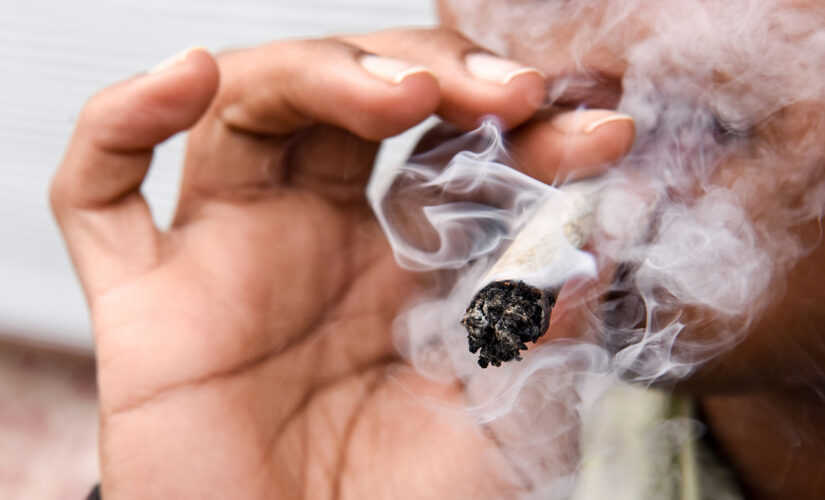Heavy marijuana users who are also vaccinated may be more susceptible to breakthrough cases of COVID-19, a new study found.
The study, published last Tuesday in World Psychology, found that those with a substance use disorder (SUD) — a dependence on marijuana, alcohol, cocaine, opioids and tobacco — were more likely to contract the coronavirus after receiving both of their vaccination shots.
Those without a SUD saw a 3.6 percent rate of breakthrough infections, compared to a 7 percent rate in those with a SUD. At 7.8 percent, those with marijuana use disorder were most at risk for breakthrough infections, the study found.
Among other substances, the risk disappeared when considering issues such as underlying health conditions and socioeconomic status. The difference has not been linked directly to marijuana use but could be linked to the behavior of those dependent on marijuana.
“Patients with cannabis use disorder, who were younger and had less comorbidities than the other SUD subtypes, had higher risk for breakthrough infection even after they were matched for adverse socioeconomic determinants of health and comorbid medical conditions with non-SUD patients,” the researchers wrote.
“Additional variables, such as behavioral factors or adverse effects of cannabis on pulmonary and immune function, could contribute to the higher risk for breakthrough infection in this group.”
Marijuana advocates said the study did not show that marijuana could be a cause in breakthrough cases, also noting that most marijuana users are not dependent on the drug.
“This study is limited to people with ‘substance use disorder’ which is a very small subset of cannabis consumers,” Morgan Fox, media relations director for the National Cannabis Industry Association told Newsweek.
“This is merely correlation and does not show a causal relationship … individual behavior patterns and social conditions may be a major contributing factor above and beyond simply exhibiting problematic substance use patterns, such as lack of access to reliable information, sharing joints, etc,” she said.
“Clearly more study is welcome and necessary, but it is important not to overstate or misrepresent the very inconclusive results presented in this particular research and ensure that cannabis consumers are accurately informed about what the newest research actually indicates,” Fox added.




